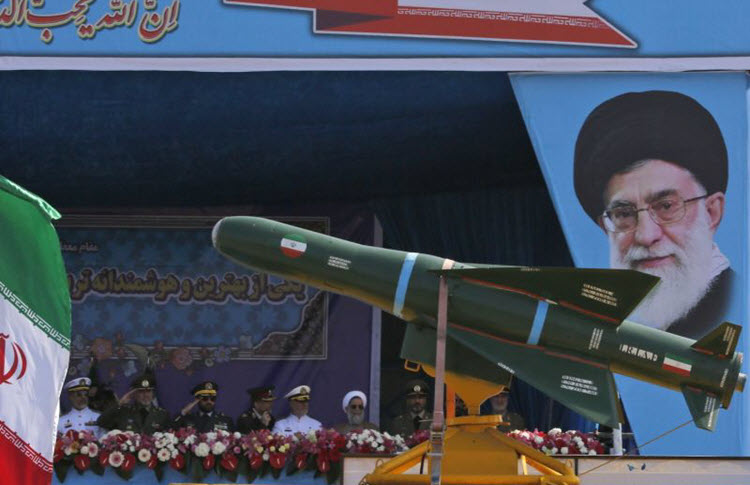
London, 02 June – Recent developments in relations between U.S. and Iran in the Middle East are indicatives of a turning point in the outlook of the whole region, as pressure mounts on Iran the question is will the Mullahs ruling Iran change their behavior? Iraqi writer Al-Sarraf believes there are six reasons it will not happen:
“Nothing can change. It is in the nature of the mullahs’ regime, if it stays untouched, to wreak havoc in the region.”
1. Iran is a state of militias and gangs. It expands its foreign influence and interests by establishing and sponsoring militias and gangs in neighboring and far-away countries. This is more than clear anywhere Tehran has influence and a role.
2. Iran is a sectarian state. Its dogma is the spearhead of sectarian strife and conflict in Iraq, Syria, Lebanon, and Yemen. It is a dogma that relies on accusing other sects of heresy and criminalizing them. The details of this dogma reveal a brutal nature that is no different from the Islamic State’s brutality and savagery. The Islamic State was the result of a long series of atrocities committed against millions of people in Iraq and Syria for purely sectarian reasons. This is why it duplicated those atrocities.
3. Iran is a corrupt state. Corruption is the nature of the system in Tehran. Militias acting as a state above the state think that they have the right not to be accountable to the law. Billions of dollars are moving outside the official and formal channels. They are part of a system that knows no regulations, a system that depends on connections and relations of a secret nature and on people acting like a mafia. Just as no one knows the budgets allocated to the militias, no one knows what they are doing with the funds because they are above accountability. When one organ of the regime commits a crime, it is impossible to know who did what or who gave the order. That’s how the mafia functions.
4. Iran is terrorizing the region by appearing to be the one that controls terrorism in the region. When the rumble between Washington and Tehran rose, terrorist fingers moved to fire a missile into Baghdad’s Green Zone, sabotage four ships off the Port of Fujairah and burn oil pumping stations in Saudi Arabia. These were messages that terrorism is part of the “jobs” that Tehran does.
5. Iran does not practice terrorism against governments or individuals but against entire social entities, threatening them with destruction. Based on a doctrine that destruction of the society is part of the prospect for the emergence of the “Awaited Mahdi” and that spreading grievances and crimes will hasten this emergence, any place that Tehran’s hands’ touch will become another rotten Iraq.
6. Iran is a state of hatred and grudges, nourished by the worst historical criminal legacy. In 1624, Shah Abbas massacred three-quarters of Baghdad’s population and made its people eat dog cadavers to force them to convert to Shiism. In 1743, Mosul experienced the atrocities of what became known as the “siege by Nader Shah.” In 1775, Basra experienced Karim Khan’s siege, which lasted 13 months, wiping out most of the city’s population.
At the same time, Iran does not mind talking but only on the basis of accepting those doctrines, not just because they are part of its nature but because that’s how it sees itself: arrogant and intractable. The mullahs’ regime has proven that today’s Iran is the extension of a 500-year brutal legacy. It can’t do otherwise.
Washington negotiated with Tehran until they reached the fateful nuclear agreement and, now, US President Donald Trump has given the bottom line: He doesn’t want to change the regime in Iran. What a storm in a teacup!
Source: Arab Weekly


